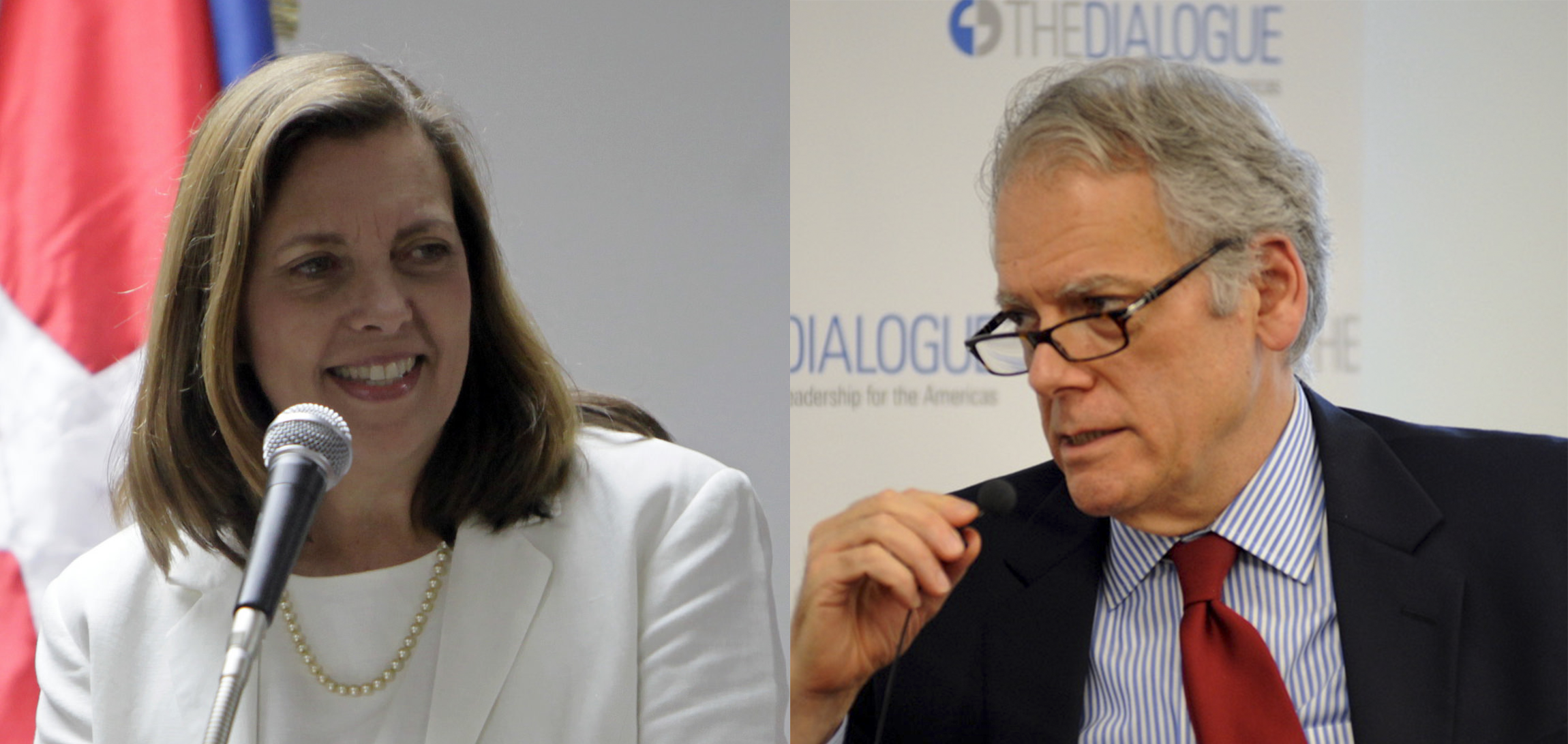
CUBA STANDARD — An upcoming conference at the northeastern edge of Canada will offer one of the strongest lineups of any recent Cuba event, featuring two key players of U.S.-Cuba normalization, as well as the first full report by a Canadian panel investigating the mysterious ailments afflicting diplomats in Havana.
Josefina Vidal, now Cuba’s ambassador to Canada and then Cuba’s chief negotiator with the Americans, and Jeffrey DeLaurentis, the first U.S. ambassador to Cuba following the resumption of relations, will offer “personal reflections on what happened then, and what isn’t happening now,” according to the organizers.
“The Cuban Revolution at 60”, hosted by the Dalhousie University in Halifax Oct. 31-Nov. 2, also features a top Canadian expert on the “Havana syndrome”.

Dr. Alon Friedman, a neuroscientist at the Dalhousie University Brain Repair Centre who recently led a multidisciplinary study into the “Havana Syndrome” for Canada’s foreign service, will present his findings at the conference.
All sessions are open to the public and free.
 Panels with Cuba specialists from Cuba, the UK, Latin America, Europe, the United States and Canada will focus on “the successes and challenges of the Cuban economy”, Cuba-U.S. relations, Cuba’s international relations, climate change and ecological challenges facing the island, as well as social change, including issues of race, gender (in)equity, health and sexual diversity.
Panels with Cuba specialists from Cuba, the UK, Latin America, Europe, the United States and Canada will focus on “the successes and challenges of the Cuban economy”, Cuba-U.S. relations, Cuba’s international relations, climate change and ecological challenges facing the island, as well as social change, including issues of race, gender (in)equity, health and sexual diversity.
Panelists include Washington lawyer Robert Muse, Cuban economist Ricardo Torres (CEEC), economy experts Paolo Spadoni of Augusta University and Emily Morris of University College London, Gregory Miller of the Center for Responsible Travel, Gail Reed of MEDICC, former Cuban diplomat Carlos Alzugaray, William LeoGrande of American University, Antoni Kapcia of the University of Nottingham, Temas Editor Rafael Hernández, Alejandro de la Fuente of Harvard University, military expert Hal Klepak, Julia Sagebien of Dalhousie University, Harold Cárdenas of Columbia University, Peter Kornbluh of the National Security Archives, Geoff Thale of the Washington Office on Latin America, Guillermo Grenier of Florida International University, and Helen Yaffe of University of Glasgow.
“This year not only marks the 60th anniversary of the Cuban Revolution,” says John Kirk, author of “Cuban Medical Internationalism” and one of the organizers of the event. “It is also a time of historic transformation on the island: leadership change, constitutional reform, and a complex process of economic developments. We believe this is a good opportunity to discuss the progress Cuba has made over the past 60 years and perhaps more importantly, to analyze current developments.”
The event is sponsored by the Ford Foundation, the Christopher Reynolds Foundation, WOLA, Dalhousie University, CUPW, Saint Mary’s University, the city of Halifax, the Canadian Network on Cuba, Dalhousie Global Health, and NSCuba, among others.

